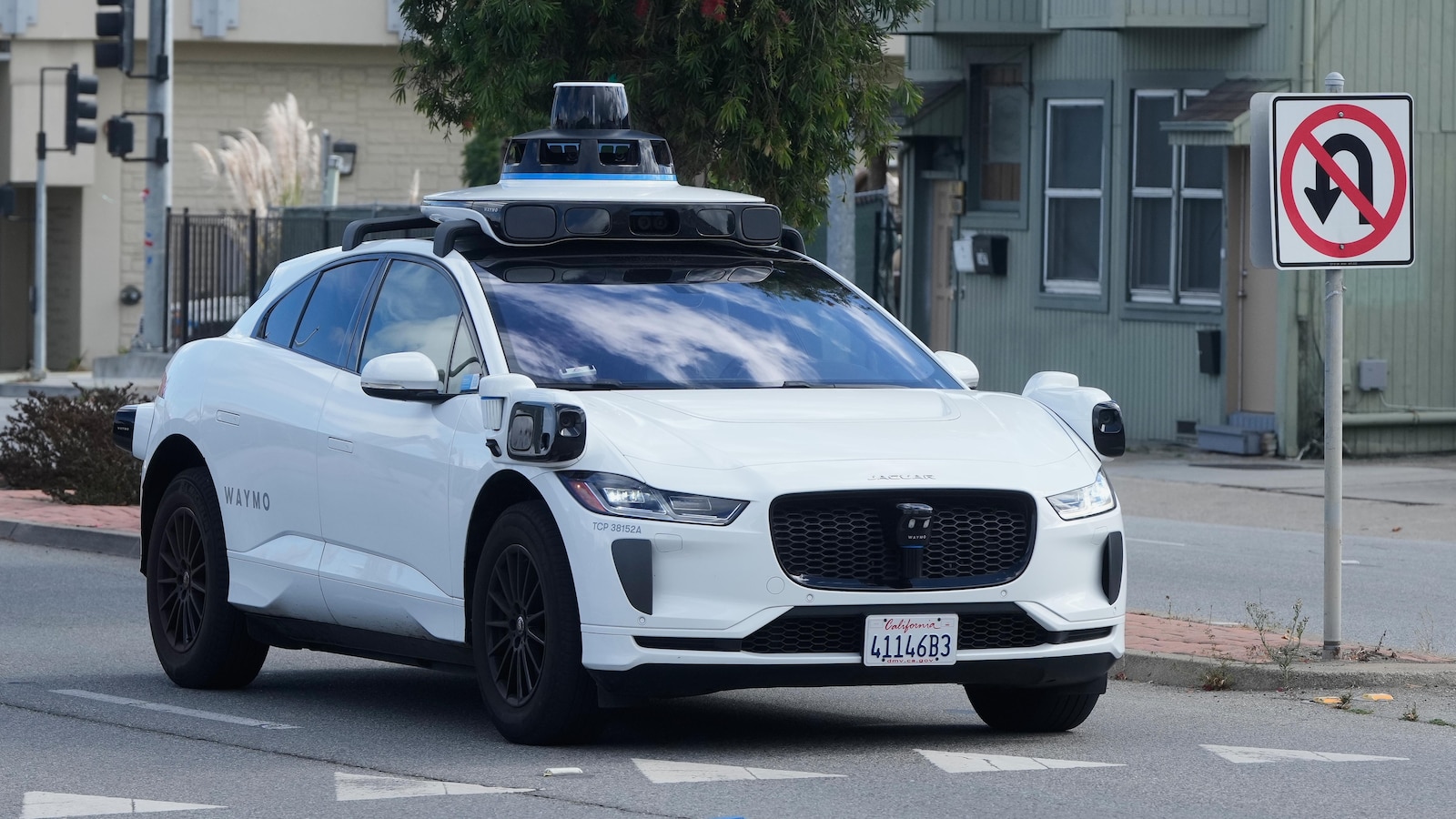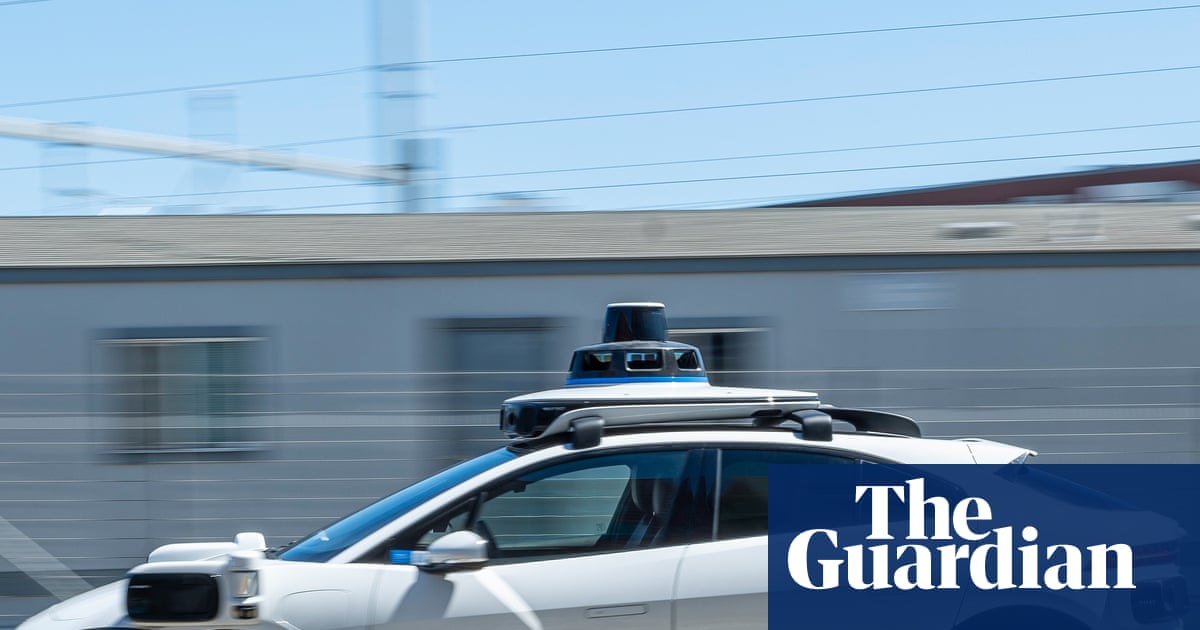Waymo Targets 2026 Launch for Driverless Taxi Service in London
Waymo plans to introduce its driverless taxi service in London by 2026, pending government approval and new UK regulations, marking a significant international expansion for the company.
Subscribe to unlock this story
We really don't like cutting you off, but you've reached your monthly limit. At just $5/month, subscriptions are how we keep this project going. Start your free 7-day trial today!
Get StartedHave an account? Sign in
Overview
- Waymo, a leading autonomous driving company, intends to launch its driverless taxi service in London by 2026, expanding its operations beyond the United States.
- The company is actively seeking necessary government approval and collaborating with local and national leaders, including the Department for Transport and Transport for London.
- Waymo plans to partner with Moove for fleet operations in London and will begin testing its self-driving cars on city streets soon, ahead of the 2026 launch.
- The introduction of driverless taxis is contingent on new U.K. regulations concerning self-driving vehicles, with Waymo participating in a pilot program.
- This move represents Waymo's second international robotaxi service, building on its established presence in multiple U.S. cities and existing ties to the U.K. through acquisitions.
Report issue

Read both sides in 5 minutes each day
Analysis
Center-leaning sources cover Waymo's European expansion neutrally, focusing on factual reporting of the company's plans and operational details. They provide essential context regarding regulatory timelines in the UK and quantify Waymo's current achievements, presenting a balanced overview without employing loaded language or selective emphasis to sway reader perception.
Articles (6)
Center (4)
FAQ
The launch of Waymo's driverless taxi service in London depends on the implementation of new UK regulations relating to self-driving vehicles, including pilot programs and government approvals such as those outlined by the Department for Transport and Transport for London to enable safe, fully driverless operations without safety drivers.
Waymo plans to partner with Moove for fleet operations in London and is collaborating with national and local transportation authorities to facilitate the launch of its driverless taxi service in 2026.
Waymo has extensive experience with driverless taxis, operating paid, rider-only robotaxi services in several U.S. cities—including Phoenix, San Francisco, Los Angeles, and Austin—with over 10 million paid trips completed and cars having traveled more than 100 million miles without a safety driver.
The UK government is actively enabling autonomous vehicle services by introducing new regulations to allow driverless cars without safety drivers on public roads from 2026, launching pilot programs, and announcing plans to create up to 38,000 jobs related to self-driving vehicle technology.
Key challenges include ensuring safety and gaining public trust, finalizing regulatory frameworks, managing complex urban traffic environments, and scaling operations beyond pilot stages; these factors currently limit driverless taxis to niche deployments, with wider adoption expected progressively through the late 2020s and beyond.
History
- This story does not have any previous versions.





